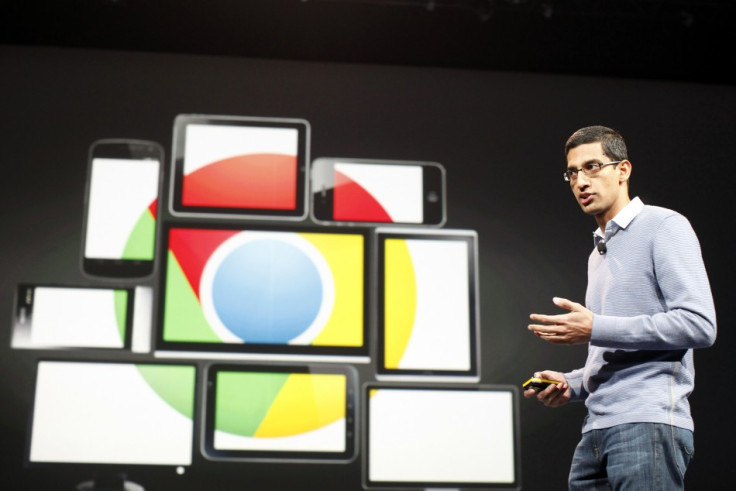Google's New Blink Engine for Chrome Focuses on Speed and Simplicity
Google will begin development of a new web rendering engine for its Chrome browser called Blink in a bid to to boost speed and simplicity.

The move will see the company move away from using the WebKit engine which Google jointly develops with Apple, Nokia, BlackBerry and others.
A web-rendering engine is a piece of software which takes mark-up content (such as HTML) along with formatting information (such as CSS) and displays them as the websites you look at on your PC, laptop, tablet or smartphone.
Google's Chrome browser currently uses the WebKit engine which is also used by Apple for its Safari browser, while Firefox uses an engine called Gecko and Internet Explorer uses one called Trident.
As of now WebKit and Blink look very similar but their development is likely to see them go in very different directions. While Google's Adam Barth admits on The Chromium Blog that WebKit is a "lightweight yet powerful rendering engine" and its "flexibility, performance and thoughtful design made it the obvious choice for Chromium's rendering engine" things have changed since it launched in 2008.
Barth says that Chromium "uses a different multi-process architecture than other WebKit-based browsers, and supporting multiple architectures over the years has led to increasing complexity for both the WebKit and Chromium projects."
Chromium is the open source project from which the Chrome browser and Chrome OS emerged.
Questioned
While some have questioned the need for another rendering engine, and the issues it may raise in terms of what web developers will need to do to support the Blink engine when it changes significantly from WebKit, one Chrome developer believes this is the only way to make thinks better.
"To make a better platform faster, you must be able to iterate faster. Steps away from that are steps away from a better platform. Today's WebKit defeats that imperative in ways large and small. It's not anybody's fault, but it does need to change," Alex Russell says on his Infrequently Noted blog.
As for general internet users, it is unclear when we will begin to see the first signs of Blink being used, and in all probability we won't even notice when it does happen.
Initially the changes will only affect those working on the internal architecture of Blink:
"In the short term, Blink will bring little change for web developers. The bulk of the initial work will focus on internal architectural improvements and a simplification of the codebase. For example, we anticipate that we'll be able to remove 7 build systems and delete more than 7,000 files-comprising more than 4.5 million lines-right off the bat," Barth says.
In February the team behind the Opera web browser announced that it would be shutting down it Presto rendering engine and transitioning to WebKit. However the company's Bruce Lawson has now unveiled that Opera will be using and contributing to the Blink engine in the future.
"I know a lot of people worried that there would be less diversity on the Web once Opera Presto was retired, and the forking of WebKit into Blink restores that balance. Opera will be contributing to Blink in future, Lawson said on his blog.
© Copyright IBTimes 2025. All rights reserved.





















